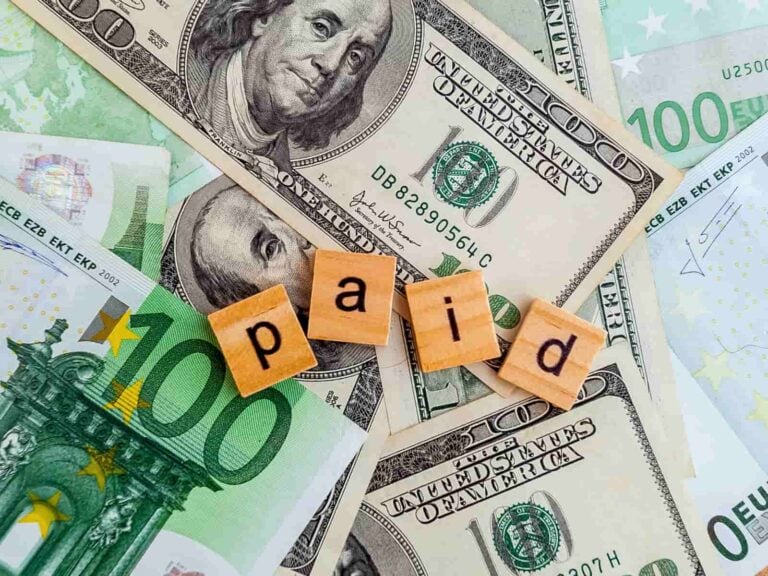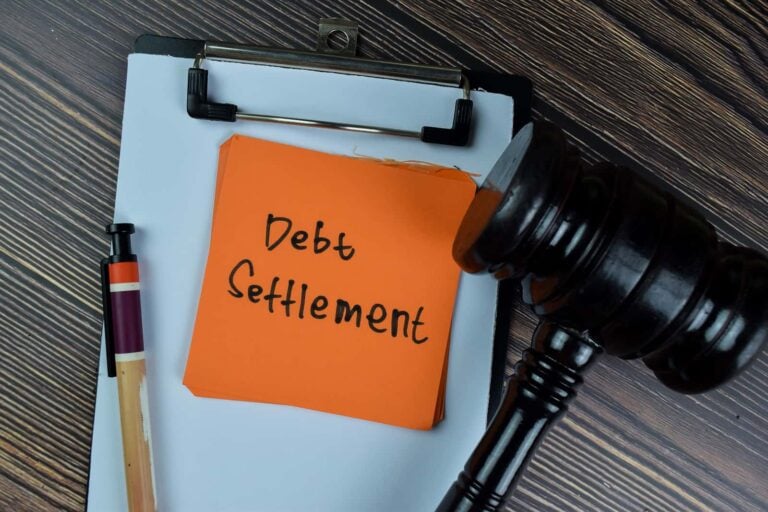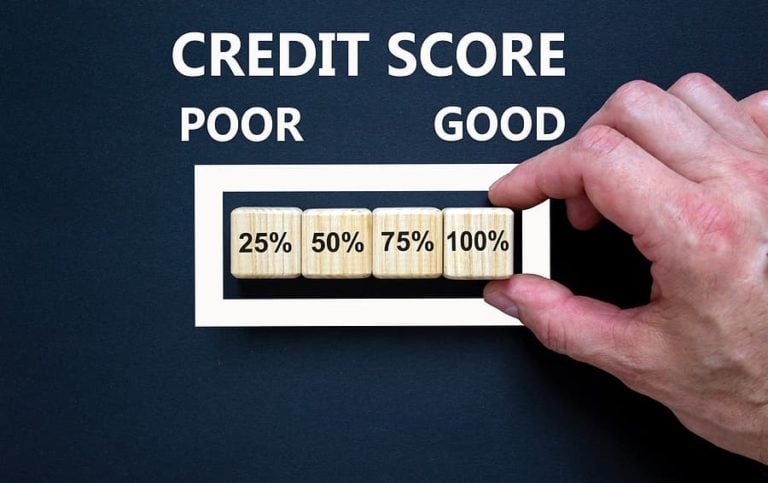Unexpected surprises caused by debt can throw tax season into a tailspin. In addition to complicating your return, debt can cause you to owe more than expected. It can even cause you to lose the refund you’ve been waiting on all year. Here’s what you need to know about debt and taxes going into tax season to avoid surprises.
1. Did You Get Debt Forgiven This Year? Don’t Forget to Count It as Income
Does debt affect tax return if it’s been forgiven? Yes, debt forgiveness can alter your taxable income amount for the year. That’s because all forgiven debt over $600 must be reported as taxable income. It’s important to read the terms of any debt forgiveness agreements that you sign in order to understand how accepting forgiveness will impact your income for the year. When you work with tax forgiveness experts, you will have the fine print of your forgiveness program explained to you.
There is a way to avoid getting surprised by taxes and debit if you thought your debt was in the rearview mirror. Try to put aside money after your debt has been forgiven in order to have the funds available to pay any extra you might owe in taxes as a result of your forgiven debt. Factors that can include the amount of debt forgiven and your tax bracket will impact how much more you can potentially owe. Borrowers who had student loans discharged in 2021 may not have to worry about how forgiveness will affect their taxable income when filing in 2022 due to the tax debt compromise program Biden signed into law. Under the American Rescue Plan, any student qualifying for debt forgiveness through the end of 2025 won’t need to count forgiven debt as income.
How does settling debt affect taxes if your debt has been forgiven or settled by a private creditor instead of the government? A creditor will report any amount of forgiven/unpaid debt over $600 to the IRS as taxable income. The savings incurred by the forgiveness will then be reduced by the tax liability. When debt is forgiven by a creditor, a Form 1099-C is provided to the debtor. Don’t forget one very important tax tip! Any debt settlement services that you use to get your debt settled will qualify for tax deductions when filing your income tax.
2. Did You Take Advantage of Loan Forbearance Programs? Be Prepared to Forgo Interest Deductions
If you took advantage of student loan forbearance, COVID-19 mortgage forbearance, or the home equity conversion mortgages (HECMs) extension during 2021, your tax plan may need to be adjusted. People with mortgages and student loans are used to deducting what they’ve paid in interest on their tax returns. However, that deduction won’t be available if you didn’t pay your deductible interest because you utilized forbearance. Leaving those deductions off this year could potentially increase your tax bill if your year-to-year income from 2020 to 2021 was either higher or unchanged.
3. Do You Owe Debt Collectors? Don’t Expect Your Tax Refund to Stay in Your Bank Account
Your tax refund isn’t necessarily safe and sound just because it has landed in your bank account. Debt collectors aren’t legally permitted to go around you to take your refund from the IRS directly. However, they can utilize a garnishment if there’s a judgment. Your level of protection against bank account garnishment from debt collectors varies by state. However, debt collectors are entitled to access at least part of your refund money in all states.
There are ways to keep your tax refund out of the hands of debt collectors. The simplest way is to skip the automatic deposit in favor of a paper check. If you’ve received your IRS refund deposits using direct deposit in the past, you’ll need to notify the IRS of your change in preference. If you’ve already requested an automatic deposit for your tax refund, keeping an eye on your account to detect the funds as soon as they arrive can enable you to withdraw them before a debt collector gets the chance. Your only hope for getting your full refund once a debt collector has garnished the funds may be to go to court to seek protection of your assets.
Don’t Be Surprised by Debt at Tax Time This Year
Does debt affect tax return even if it’s been forgiven? Most people can expect to pay more in taxes after having debt forgiven. What’s more, debt you’re still carrying can impact your access to your 2022 tax return. The one thing that’s for certain is that nobody wants to get caught off guard at tax time. Once you’ve made a plan for managing debt and taxes for this year’s tax season, the focus should immediately turn to using your tax return to pay off debt to avoid any surprises next year.
Get debt relief help! Get your questions about how debt settlement and forgiveness can affect your taxes answered now by contacting United Debt Settlement. Give us a call at (888-574-5454) or fill out our online contact form for a free savings estimate.

Gabriel Gorelik paves the way for customer service and operations at United Settlement. He is passionate about numbers and holds a strong belief in helping anyone with their debt. Before United Settlement, Gabriel received his BS in Finance & Economics from Brooklyn College. After graduation, Gabriel went on to build his first financial services company where he managed thousands of accounts for business and consumer clients. He understands the importance of client satisfaction, professionalism, and exceeding expectations.












